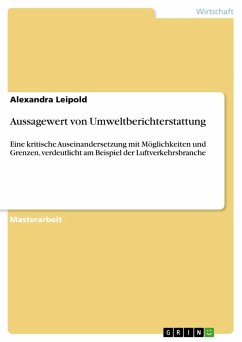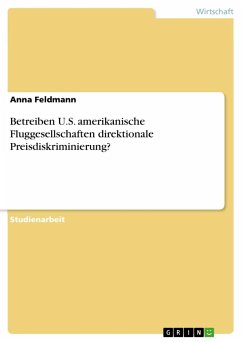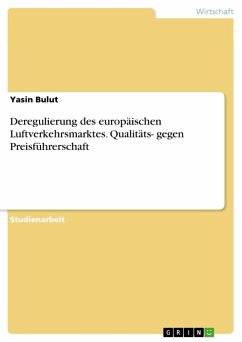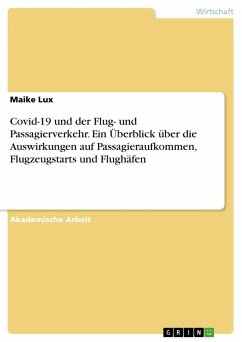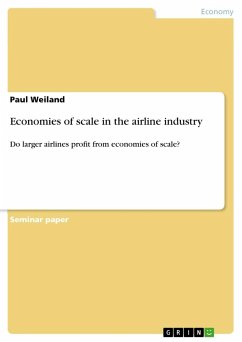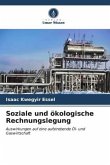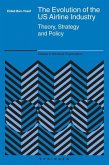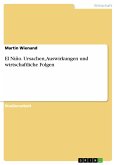Masterarbeit aus dem Jahr 2008 im Fachbereich VWL - Umweltökonomie, Universität Duisburg-Essen, Sprache: Deutsch, Abstract: To communicate their efforts in increasing the eco-efficiency of flying, airlines have started publishing more and more environmental reports in the recent past. Although there is now more transparency within the market than decades before the remaining question of this development is: What goals do the companies want to fulfil with their publications and how credible is environmental reporting in a sector that has often been heavily criticized for the effects of its business on the environment? The aim of the study to which this abstract refers to was to develop a model which allows evaluating environmental reports of airlines and come to a conclusion about their credibility. By using a benchmarking approach including a quantitative and qualitative analysis it was possible to get an overview how airlines deal with the problem of credibility in practice. To come to a conclusion in this point, in a first step a total of 24 environmental reports of globally operating airlines were assessed with the help of a credit point system. By measuring the quality of the reports with five main criteria (general company information/vision strategy and management/ecological aspects/credibility/formality) a first ranking could be build which showed that there are big differences in the existing reports concerning quality, transparency and credibility. While almost all airlines integrated environmental reporting in their communication politics some years ago and already had experiences in this topic these differences still remained a surprise. Therefore, it was seen as necessary to do some further analysis for finding reasons to explain this result. This led to a second step in which the reports were analyzed under general qualitative aspects. The intention was to find out more about common good practices and weaknesses to make a contribution to the airline sector with suggestions for improving environmental reporting.
Hinweis: Dieser Artikel kann nur an eine deutsche Lieferadresse ausgeliefert werden.
Hinweis: Dieser Artikel kann nur an eine deutsche Lieferadresse ausgeliefert werden.

